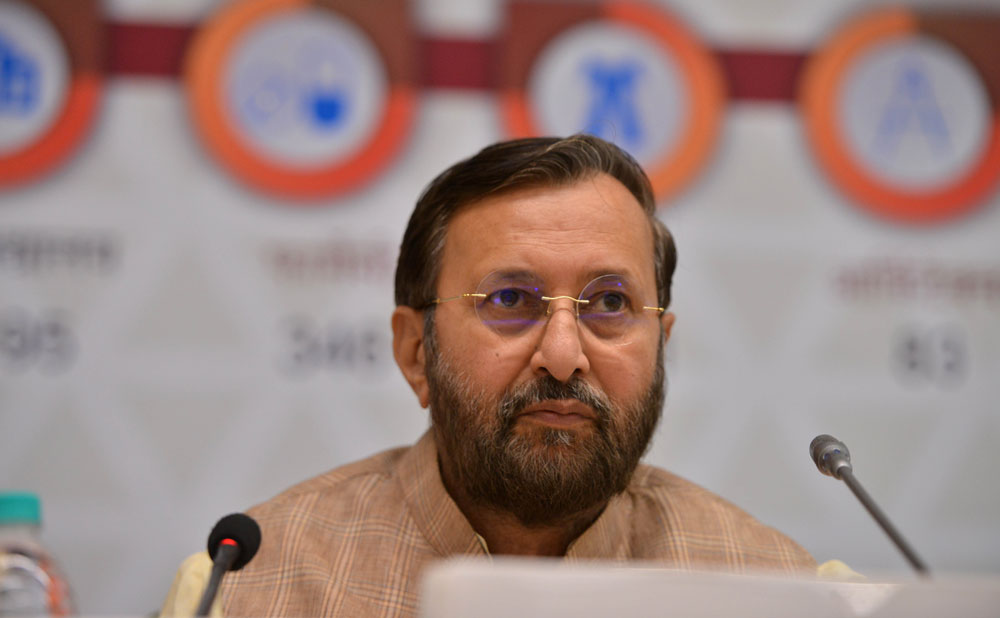In every sphere of activity in India, orders descend from the top. It is almost as though no one except those in political control has any sense. The most recent order from the Union human resource development ministry is directed at lightening the weight of children’s schoolbags. Not only does the order specify the permitted weight of the bags according to class — in Classes I and II, for example, it cannot exceed one-and-a-half kilograms — but it also instructs schools not to give pupils homework in these two classes, not teach them anything but languages and arithmetic till Class II and add only environmental studies till Class V. The aim is to ease physical and mental loads and allow children time to play or develop other skills. The intention is laudable, but the questions such an order raises are many. Even if academic questions, regarding, for instance, balancing syllabi to fulfil the requirements in Class X, are set aside, there is a basic issue of attitude. Can orders change that?
Nothing lays bare the general attitude towards education among the Indian middle classes than the report of the Cambridge International Global Education Census, which reveals that two-thirds of students in this country take tuition classes beyond school hours. They are more focused on extra classes and co-curricular activities than students elsewhere, although participation in sports is comparatively low. They also spend more time on homework, even during the weekend. English, mathematics, physics and chemistry are the subjects most common in extra tuition, and medicine and engineering still dominate dreams of the future, particularly among parents. The report also suggests the extraordinary involvement of parents with the achievements of their children. How would this relate to the growing level of depression and the startling number of suicides of young people in the country? Has the focus shifted almost wholly to examinations and grades from ideas of learning? The high level of tuition, it should be noted, has two sources. The offspring of middle-class parents who push their child towards the best and the first-generation learner struggling to catch up both go for tuition. What predominates is the craze for higher marks: systems in higher education and professional institutions are all geared to high marks at admission. An order by itself can neither change this obsession with marks nor the hoarder’s attitude to education.













